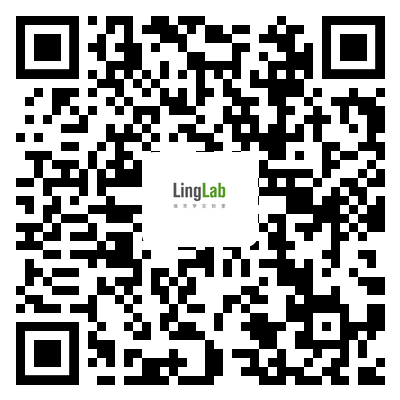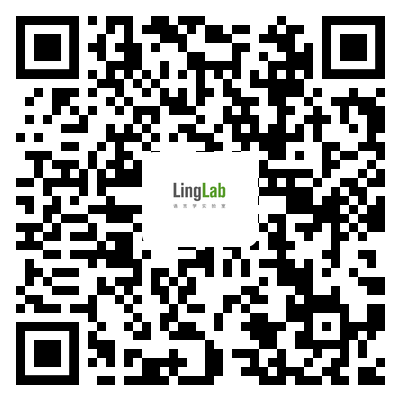860 阅读 2021-02-09 19:01:08 上传
会议讲座: 会议
形 式: 现场
人 数: 待定
- Conference Dates: Thursday, July 15, 2021 to Sunday, July 18, 2021
- Early Bird Abstract Submission Deadline: February 26, 2021*
- Final Abstract Submission Deadline: April 30, 2021
- Results of abstract review returned to authors: Generally within four weeks
- Full conference registration fees due for all presenters: June 04, 2021
- Full conference paper submission (after the event): August 18, 2021
*Submit early to take advantage of the discounted registration rates. Learn more about our registration options.
Submission Streams
The ECLL Organising Committee welcomes papers from a wide variety of interdisciplinary and theoretical perspectives, and submissions are organised into the streams and substreams listed below:
Culture and Language
- Cross-cultural communication
- Cultural literacy
- Content and Language Integrated Learning (CLIL)
- Literature and language learning
- Linguistic landscapes
Psychology of the learner
- Learner identities
- Motivation
- Individual differences
- Learning strategies
- Autonomy and self-regulation
- Group dynamics
- Emotions
Intersectionality
- Class, gender, race and minority identities in language learning
Plurilingualism – Bilingualism
- World Englishes
- English as a Lingua Franca
- Languages Other Than English
Educational Technologies
- Adaptive learning
- Mobile learning / Apps
- Augmented and virtual realities
- Blended learning
- MOOCs (Massive Open Online Courses)
- OERs (Open Educational Resources)
- Games and gamification
- Learning Management Systems (LMS)
Learning environments
- New classrooms
- Informal learning
- Design for learning
- Learning in the community
- Self-access centers
Professional development
- In-service teacher development
- Pre-service teacher training
- Mid-career teacher development
- Educational management
- Teacher autonomy
- Observation and feedback
Assessment
- Testing and evaluation
- Standardized tests
- Continuous assessment
- Achievement/Proficiency
- Self-assessment
- Mastery learning
- Norm-Referenced/Criterion Referenced
- Formative/Summative
Approaches
- Task-based learning
- English for Special Purposes
- English for Academic Purposes
Applied linguistics research
Disabilities and the language learner
Educational policy
Lifelong learning
Translation and Interpretation
Special Themes and Areas of Focus
Authors have the optional opportunity of identifying whether their paper addresses either the 2021–2022 IAFOR Special Theme and/or one of the ongoing IAFOR Special Areas of Focus.
IAFOR 2021–2022 Special Theme: “Resilience”
Resilience is the ability to resist being affected, or to recover readily from setback and adversity, and the past year has been one of enormous turbulence and upheaval. Nobody has been left untouched by the impact of the global pandemic, and great change has been forced upon us all.
COVID-19 has underlined the extent to which we suffer together as one, but also how the experience of a global pandemic has been very different and unequal. This has had a woeful impact on the already marginalised and dispossessed, further evidencing that countries are not equal in their ability to provide for and protect their people. The pandemic has also created questionable narratives and false dichotomies in approaches to finding solutions to the myriad problems that COVID-19 has either caused or exacerbated.
Humans can be by turn extraordinarily delicate, and remarkably resilient and we are now living through and witnessing an extraordinary period of history. However, as with any period of great change, there is a window of opportunity that follows where one has the chance to enact and bring about change for the better. The pandemic has also allowed many of us the space to rethink our relationship with both ourselves and those immediately around us, but also with the wider world. This is a crisis both global and local, both shared and individual.
That time to rethink and reimagine is now as we attempt to regroup and rebuild. We need to build back, but do so in a way that is better, stronger and fairer. Forged by adversity, we have the opportunity to follow divergent paths towards a future that we help create, and where, to borrow Heaney, hope and history may rhyme.
IAFOR Special Areas of Focus
In line with its organisational mission, IAFOR encourages, facilitates and nurtures interdisciplinary research, with an emphasis on international and intercultural perspectives. Current areas of focus of the organisation include the following ongoing collaborative programmes and initiatives.
How to Submit Your Abstract
- To submit, go to IAFOR's online submission system.
- Create your account. Your email address will be used as your username and you will be asked to create a password. Please be aware that the information you enter when creating your account will be used for official Letters of Acceptance, Letters of Invitation, and Conference Programmes, so please ensure correct spelling of names, affiliated institutions, and so forth.
- Submit your abstract (maximum 250 words), choosing from the presentation formats listed below (Oral, Poster, Symposium, Workshop or Virtual).
- Submit well before the submission deadline in order to benefit from Early Bird or Advanced Registration rates.
- Your abstract will undergo double-blind peer review and the results will be returned to you generally within four weeks.
- If your abstract is accepted you will be invited to register for the conference.
- Upon payment of the registration fee, you will receive a confirmation email containing your official receipt.











